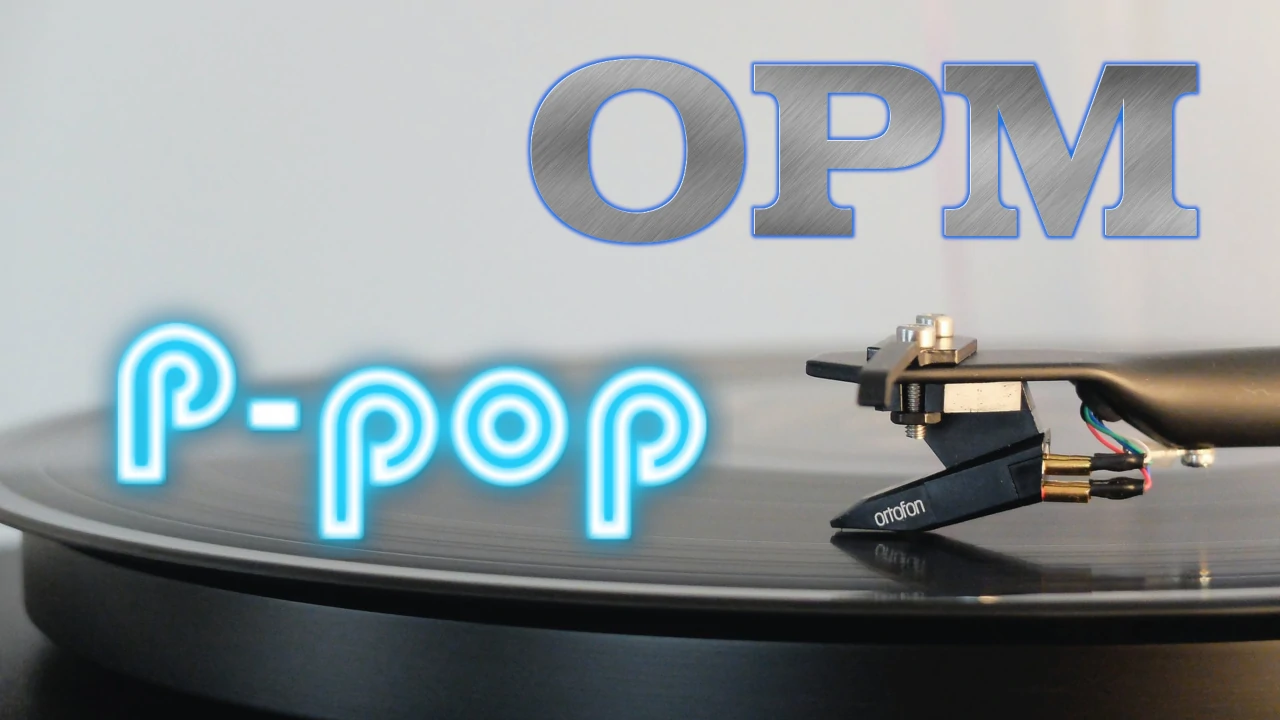
P-pop and Idols

P-pop idols, when did it all start?
The trillion-peso questions are: when was the beginning of the P-pop idol industry, and who was the first P-pop idol?

All P-pop are idols, not
P-pop is commonly used to refer to Pilipino idols, or P-idols, but did you know these are not interchangeable?

What is the difference between P-pop and OPM?
For more than ten years now, the label P-pop has become a terminology used to refer to a new genre of music. Often than not, it is used to mean the rising Philippine idol groups and also compared to OPM or Original Pilipino Music.
But what is it exactly? Is not P-pop Pilipino popular music by definition?

The YOOki Chronicles is Yohan Yukiya Sese-Cuneta’s return into casual and personal blogging. The name “YOOki” is a mash-up of the acronym of YourOnly.One and my nickname ᜌᜓᜃᜒ (Yuki・雪矢).
Interestingly, according to Chinese legend,
.1柳
(YOO) is an ancient Chinese surname. The ancestors of the surname were closely linked with the ancient sage-king named Yu Shun. In Korea, the 유
(YU) lineage traces to the Xia, Han, and Joseon dynasties. Holders of the surname Yu or Yoo had a reputation for charity and diligence
It is also the word for “willow” or the “willow tree” which means graceful or slender; and a tree growing near a body of water which provide continuous nourishment and resources for everyone. It can also mean to exist, an oil (anointment(?)), and simply as “U” (you).
The Hanzi 紀
(ki) character means to record, be disciplined, provide order. While the Hangeul equivalent, 키
(ki), means energy, spirit, a banner, and a period of time; and is also a suffix used to make a gerund or an infinitive.
